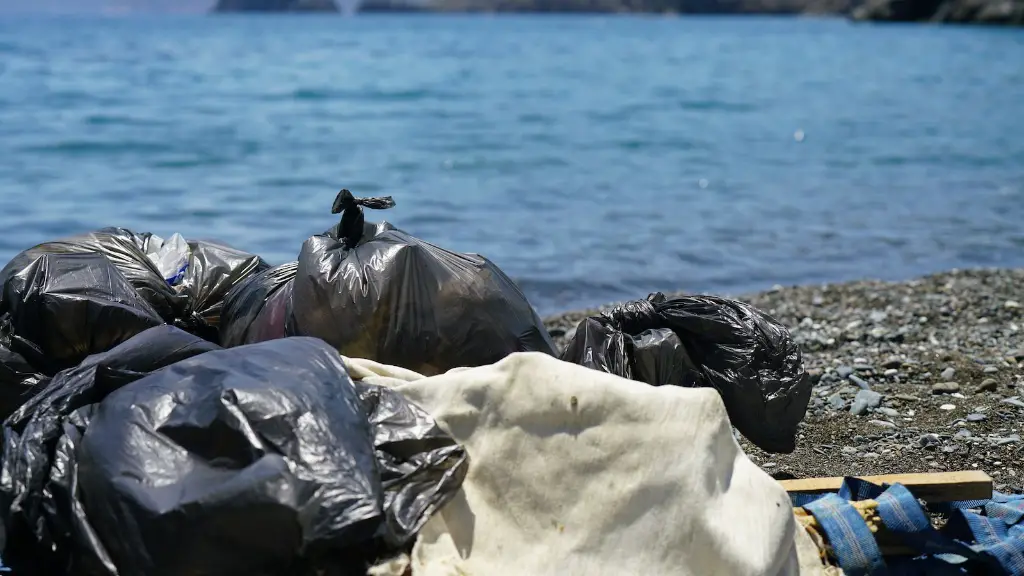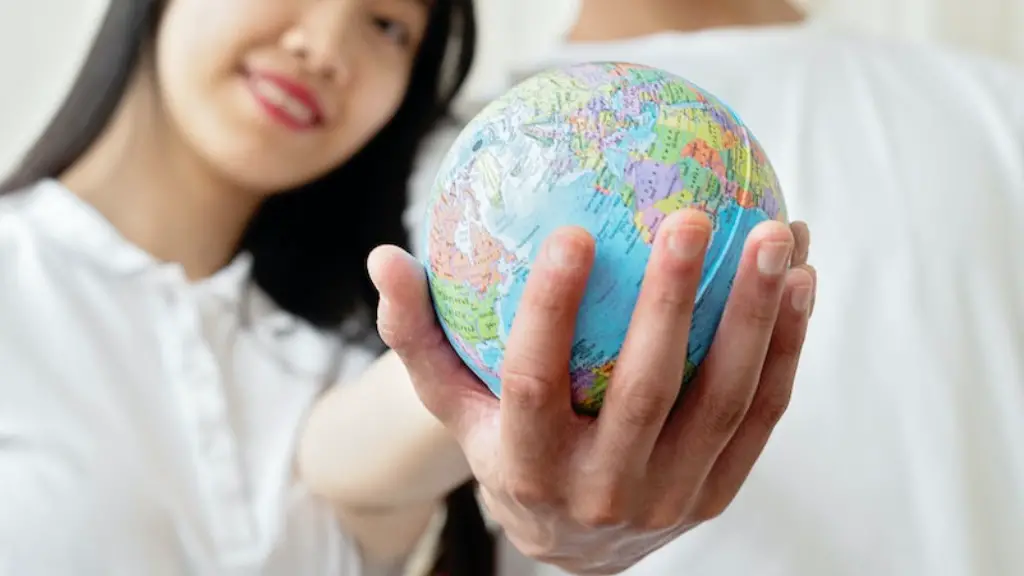Global warming is one of the most pressing issues of our time, significantly affecting both the environment and the humans that inhabit it. While some of the effects of global warming have been beneficial, such as a longer growing season in some areas, the vast majority of its impacts have been negative. Therefore, it is important to gain an understanding of how global warming influences human life, from health and safety to economics and beyond.
One of the most obvious ways global warming affects humans is through its impacts on the environment. Warmer temperatures and changing weather patterns can lead to droughts and other water shortages, higher rates of flooding and even displacement from affected land. This can cause great harm to both the physical wellbeing and emotional wellbeing of those affected, as well as their economic security and well-being. Furthermore, hotter climates can cause a rise in air pollution, leading to health problems such as respiratory diseases, heart disease and other illnesses, especially in cities where air is already polluted.
Moreover, as temperatures around the world continue to rise, new diseases are being found, as increased heat and wetness can cause viruses and bacteria to spread. For example, mosquito-borne illnesses, such as malaria and dengue fever, have increased in a number of countries due to higher temperatures and changes in rainfall patterns. This further increases the risk of health problems among humans.
The impact of global warming on the global economy is profound. As its effects continue to mount, businesses are feeling the pinch. A report by the International Monetary Fund (IMF) found that the effects of climate change could reduce global economic growth by up to 2.5 percent by 2050. Also, with rising temperatures leading to threats from extreme weather events, such as flooding and storms, infrastructure can be destroyed and rebuilding costs can be astronomical.
Additionally, global warming can lead to the displacement of thousands, if not millions, of people across the world. Island nations, for example, are particularly vulnerable to rising sea levels, with islands in the Pacific ocean already beginning to feel the effects of this. Furthermore, due to increasing temperatures, crops can suffer, possibly leading to food shortages in some areas.
The importance of tackling global warming cannot be stated enough. Many have proposed a range of solutions to tackling the problem, such as increasing use of renewable energy sources, reducing greenhouse gas emissions and improving energy efficiency. However, making these changes requires immense effort and commitment on the part of individuals, businesses and governments, and their implementation is far from straightforward. It is clear, then, that global warming is an issue that needs to be addressed urgently in order to limit further damage to both humans and the environment.

